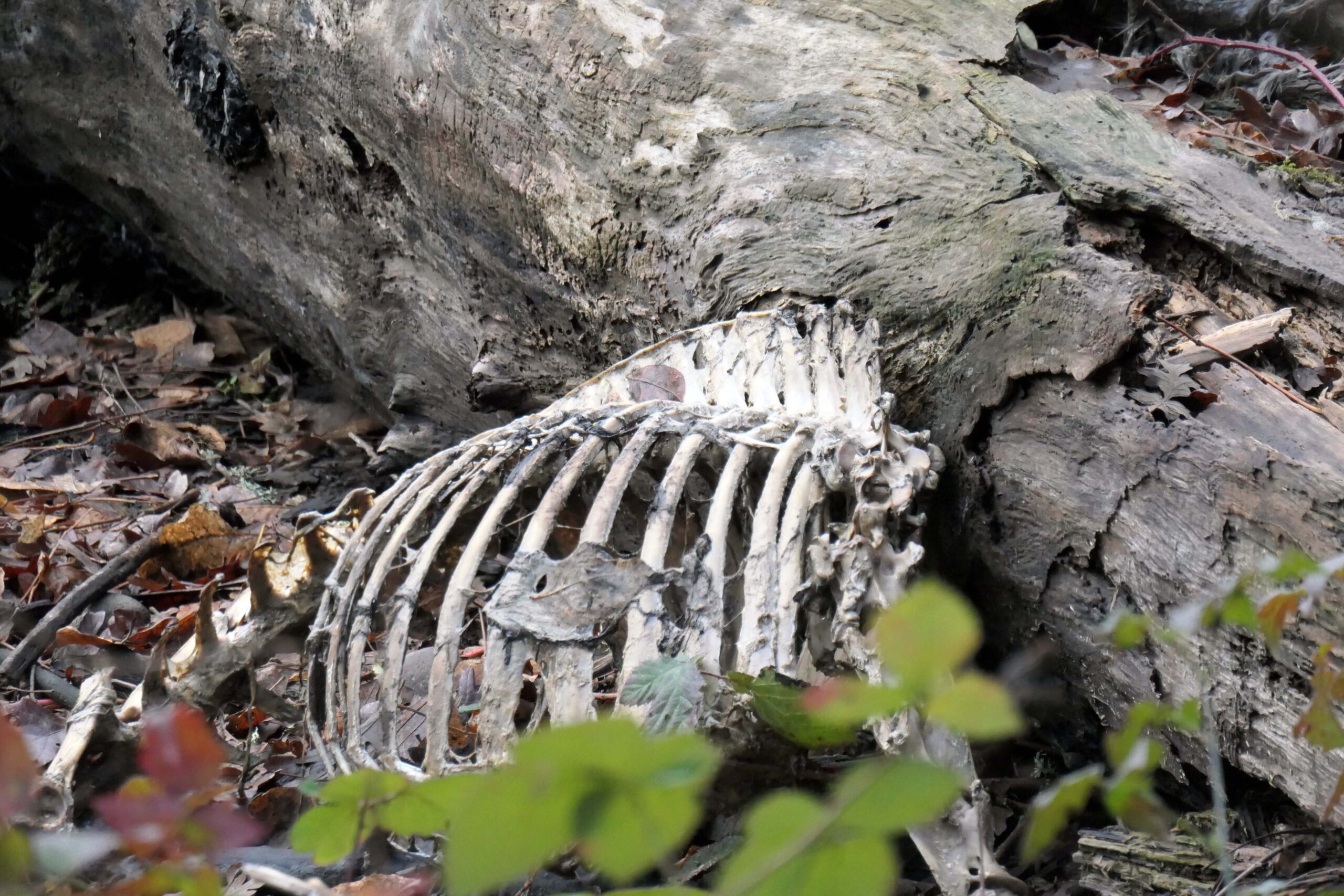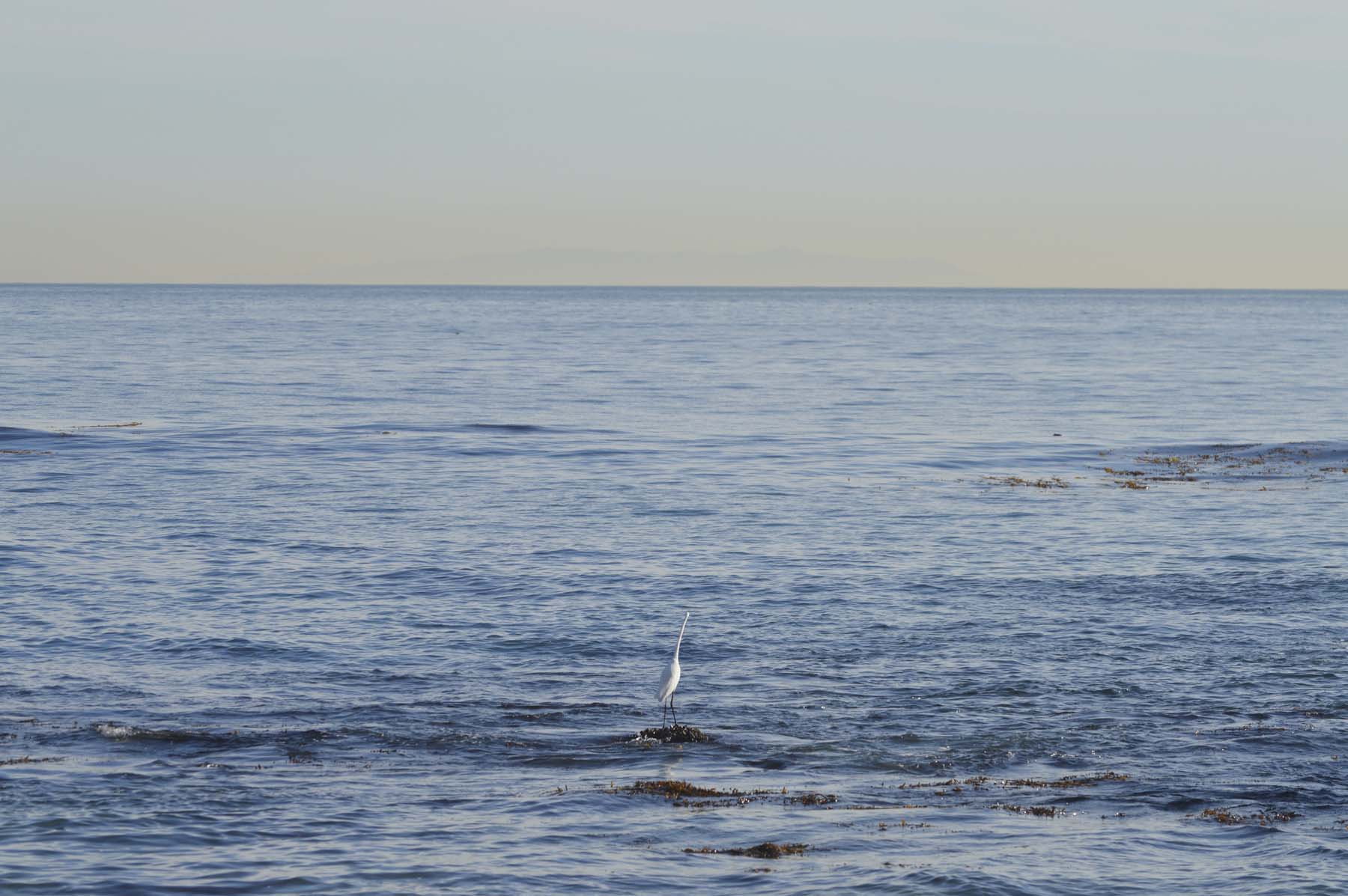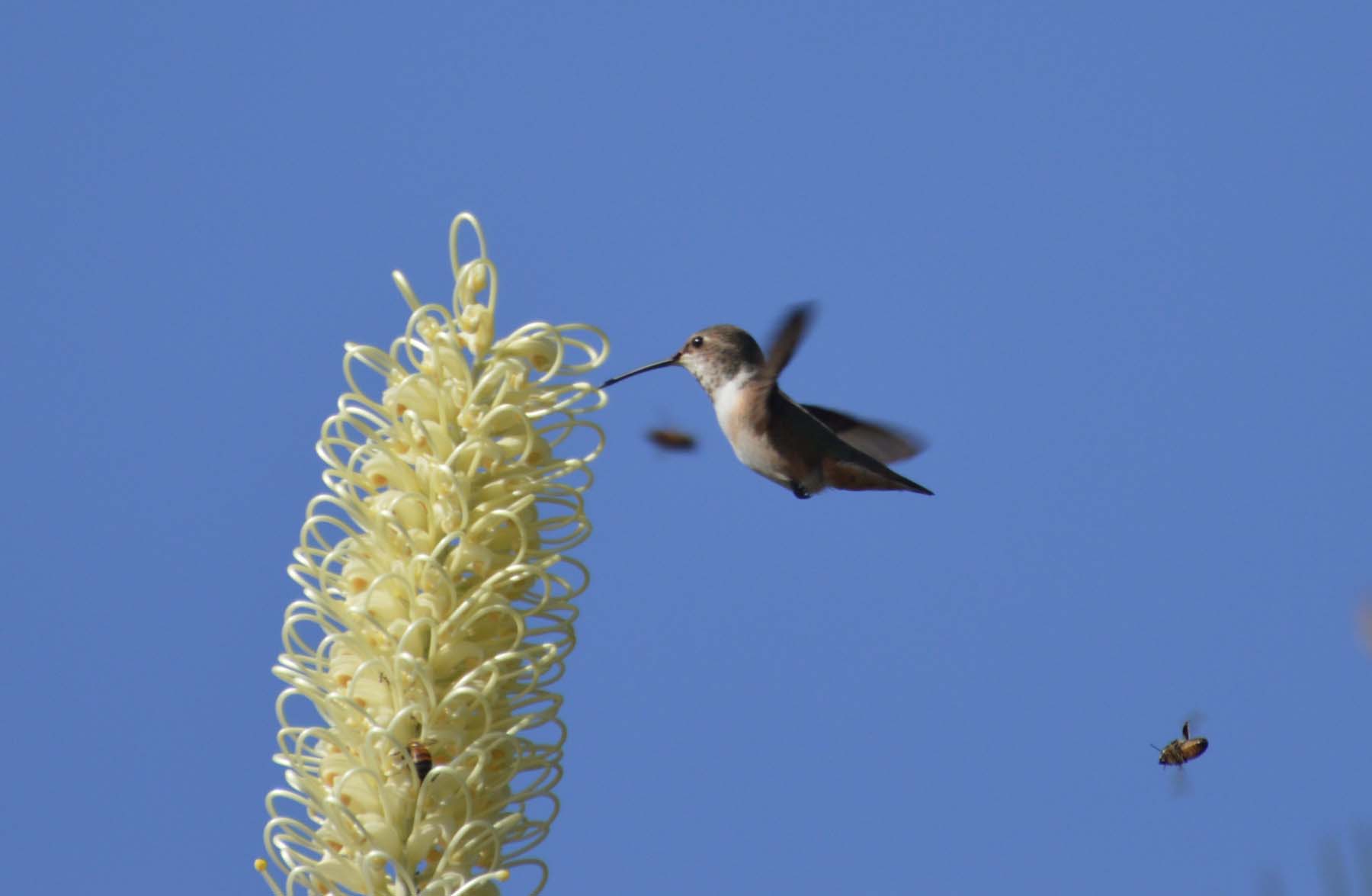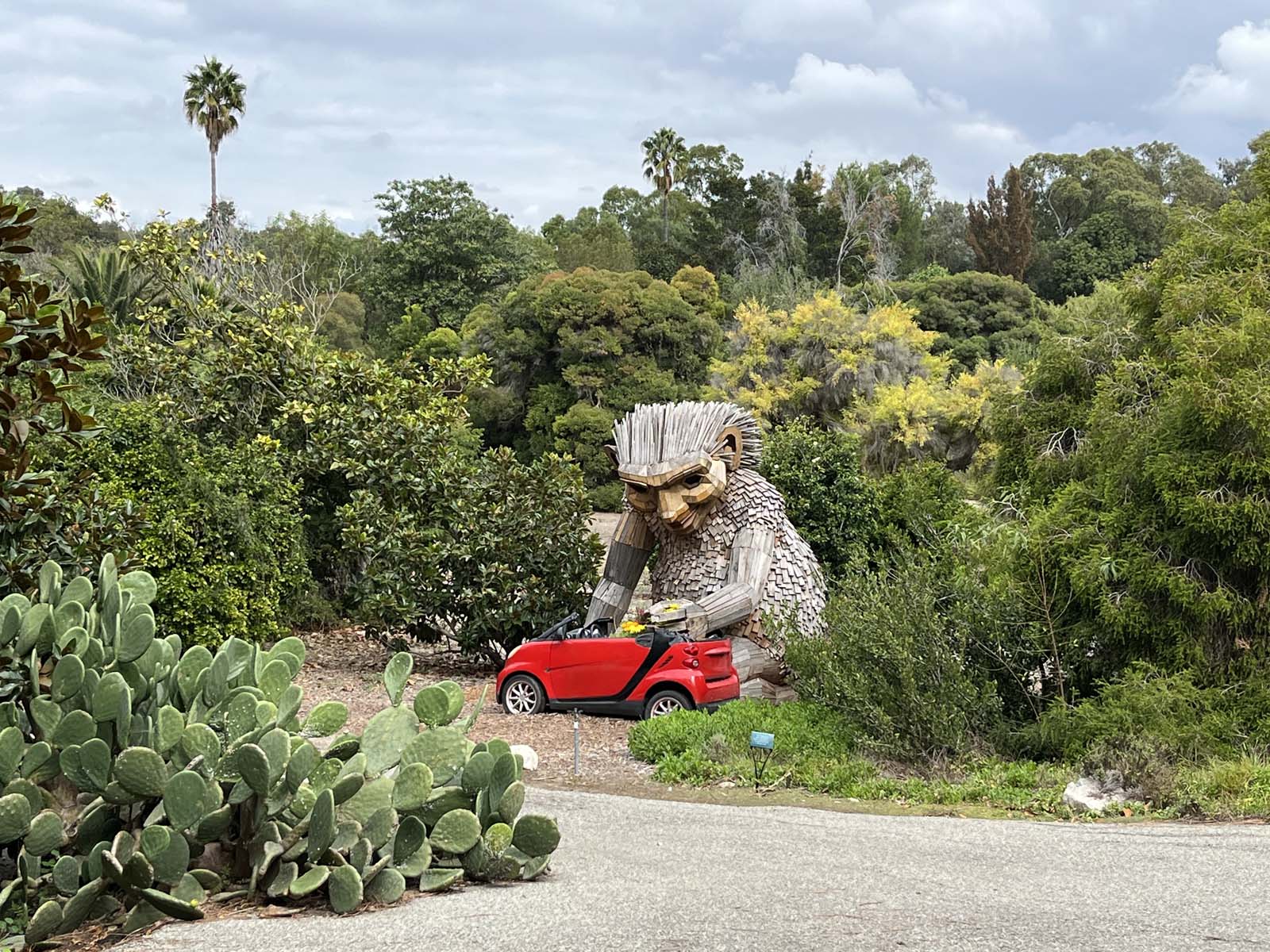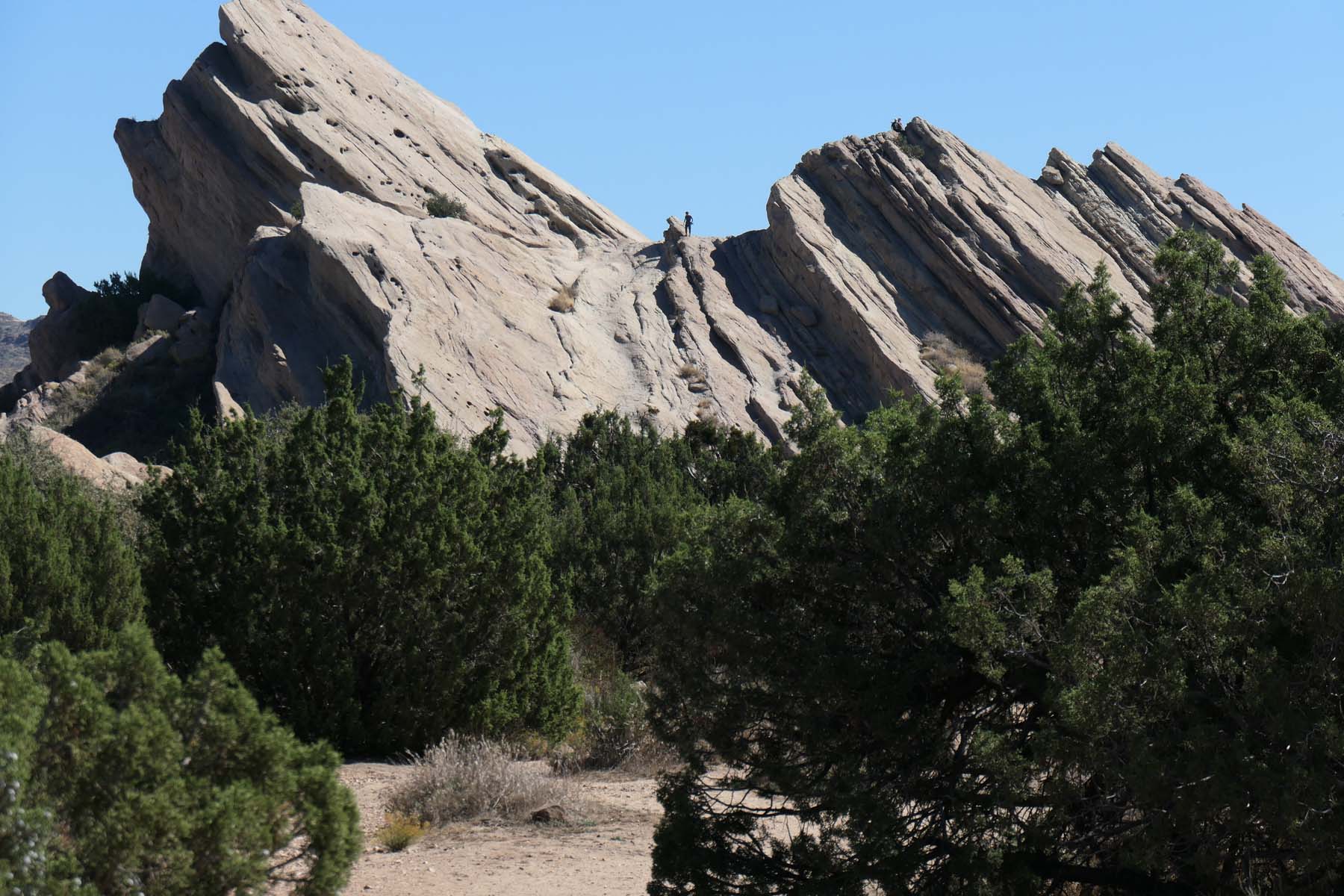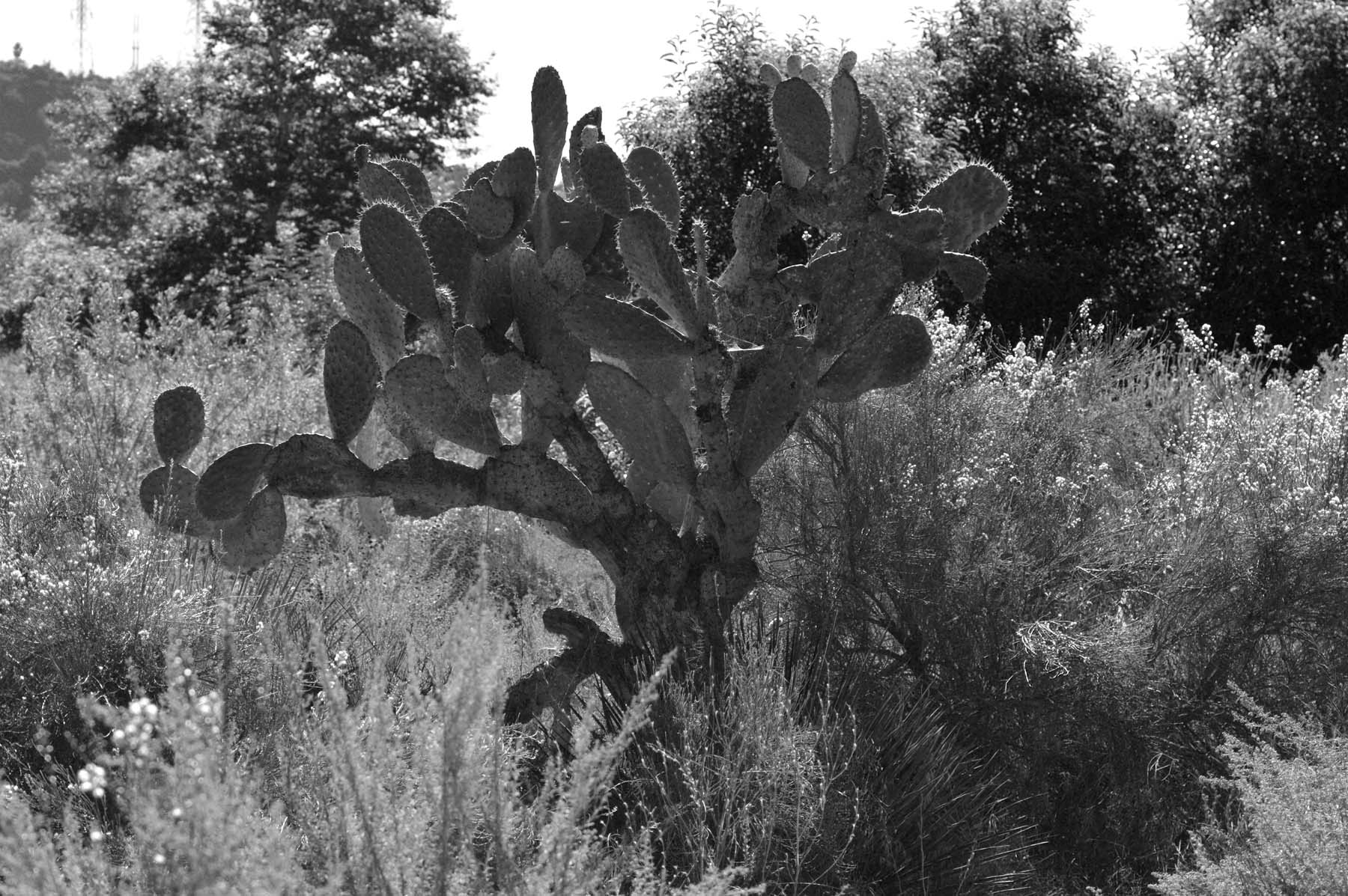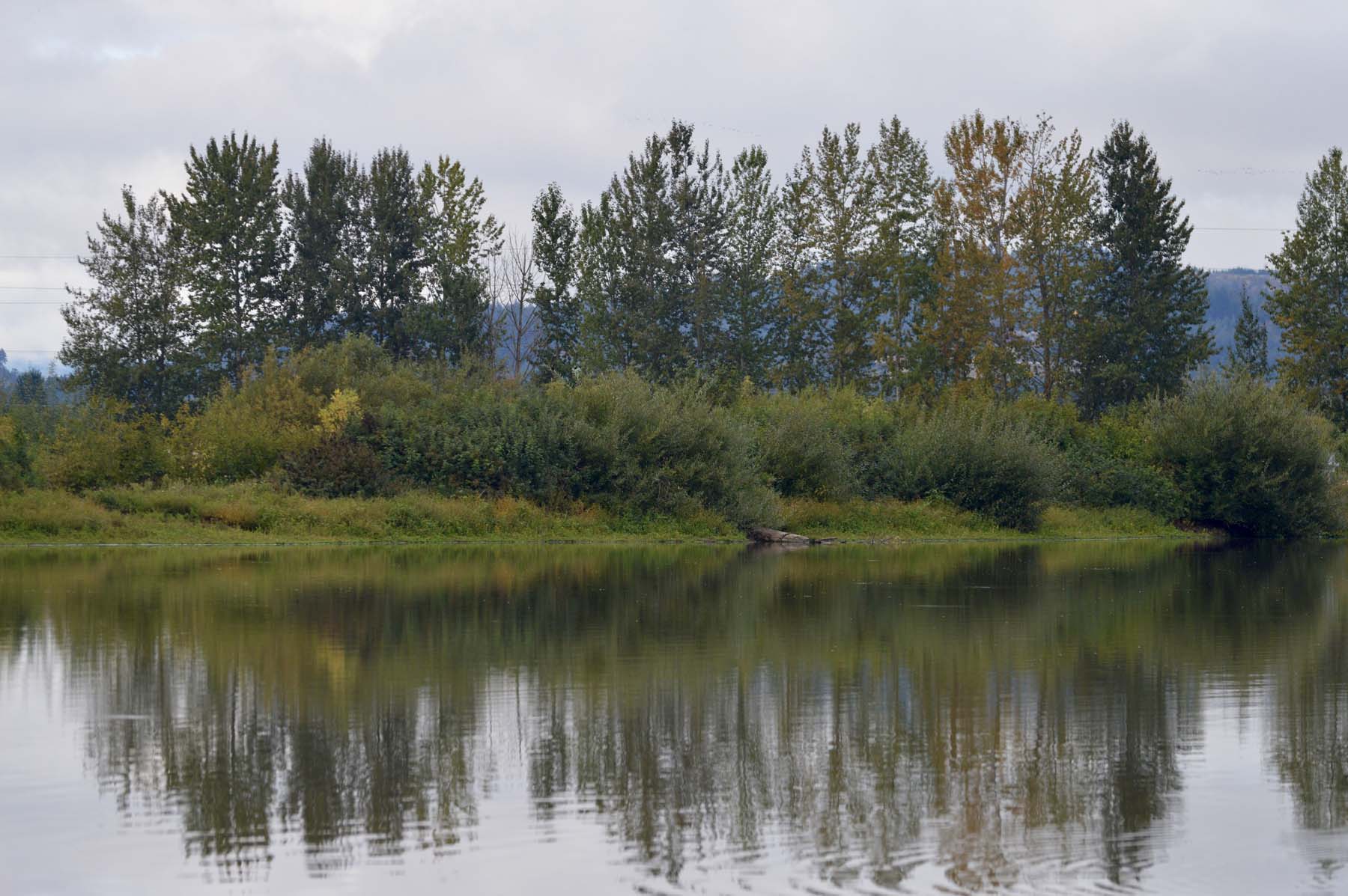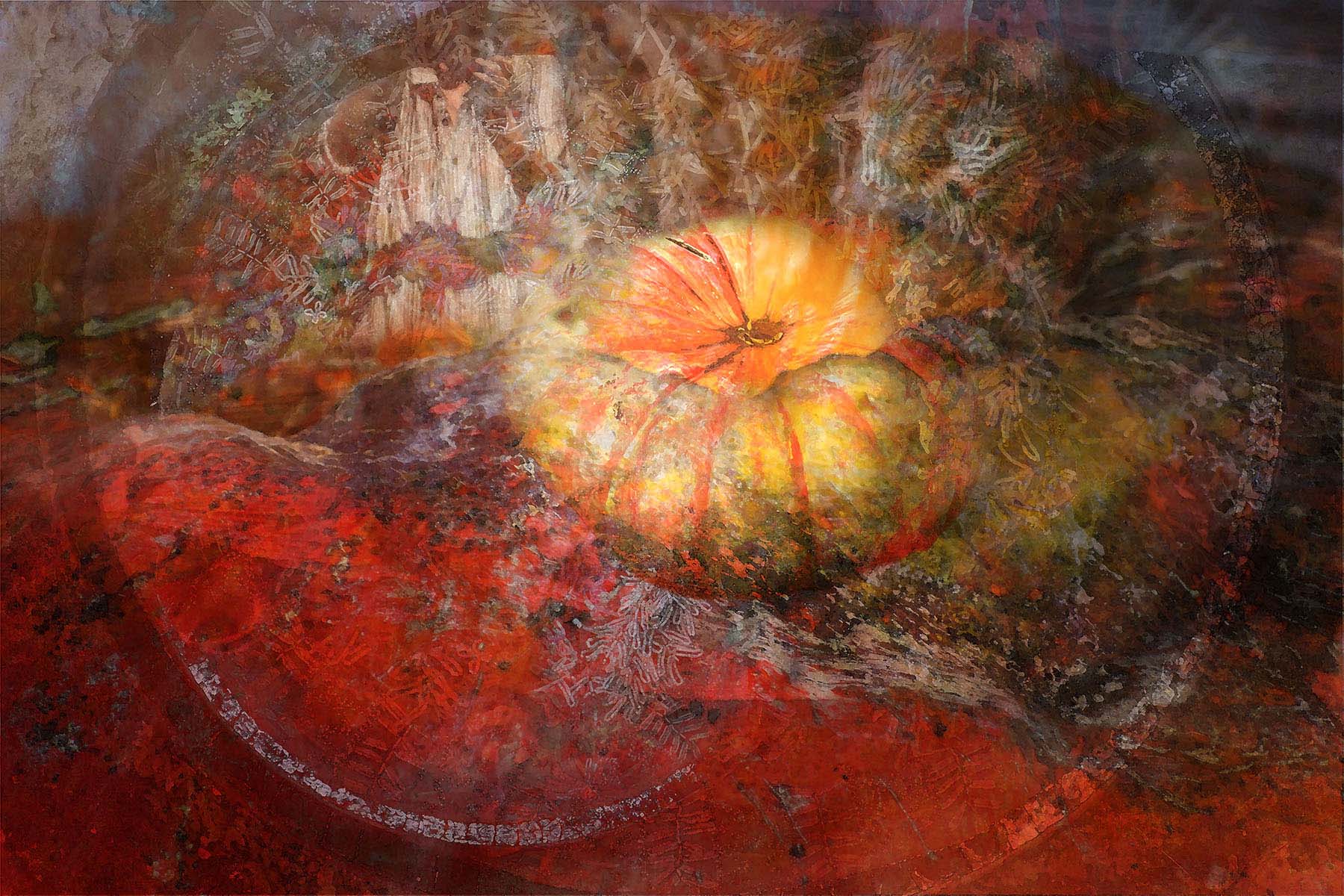Walk with me. No, scratch that. Stand with me. Because that is what I have been doing, standing, ever so slightly frustrated, at the edge of flooded roads, hiking paths, and wetlands, with no way in. This is what the start of the rainy season looks like in Oregon. By February, if the winter has average amounts of precipitation which you never know these days, it will be worse.






Still plenty of landscape, fall color and birds there for appreciation. Photographs from 3 outings combined across this week. The herons and egrets sure loved the flooding.






Happy to have you around today, particularly the literary types, since I need help to understand something. A title that I have trouble with, of a poem by Andrea Cohen that was first published in 2012 in the ThreePenny Review. I rather like it and think I’ve have a handle on it overall, if not the issues it raises. Yet, the title???
The Committee Weighs In
I tell my mother
I’ve won the Nobel Prize.
Again? she says. Which
discipline this time?
It’s a little game
we play: I pretend
I’m somebody, she
pretends she isn’t dead.
—Andrea Cohen





The waterway on the left is a footpath, usually!

A seeming interaction between mother and daughter ends with the revelation that the mother is no longer alive. With that new perspective we understand that an issue of self-worth, expectations, and appreciation (or lack thereof) continues to be salient for the daughter even after the source of those sentiments is no longer around.

It begins with achievement and why not go for the top of the heap, the Nobel Prize. Will receiving the prize satisfy a parent? Will receiving it for the umpteenth time make a difference? No word of praise, no explanation of delight, no pride expressed towards the achieving daughter. Just a matter-of-fact question about the discipline, as if to check that in the hierarchy of the Nobel you’ve climbed the ladder. Maybe physics is more important than literature, maybe the Peace Nobel Prize is the epitome? Is anything ever enough?
That sense of having to perform, yearning for acknowledgement is so ingrained that the game has to be played with an imaginary parent, or one that only carries on in one’s imagination, in perpetuity.




Duckies!
One the one hand, it is scary to think that we, the parents, who inevitably have messed up across our children’s life time, will have made such an impact that it cannot be shaken, even if that impact is based on perceptions that don’t need to be entirely true. Maybe our children assumed us to be much more demanding than we actually were or meant to be.

Goldfinches


Brown creeper and downy woodpecker

Flicker
On the other hand, it is frightening that we, the children, will never be free of these psychological binds, conjuring our parents up in endlessly empty gestures of imagined appeasement. And then encounter repeat performances of lack of appreciation. In essence telling ourselves in this inner monologue/dialogue that we are simply never good enough.

But then again, maybe the desire to please speaks of love, of a connection that we thought would hold if we are mutually recognizing players. The poem certainly gives agency to both, daughter and mother, in the sense that both are presented as “pretending.” Yet the expressed sense of inadequacy, framed by a mother’s refusal to recognize, overshadows, for me everything else.
Or maybe it all means something completely different, what do I know.
But who is the committee that weighs in? Nobel prize is associated with committee, but don’t we assume “weighing in” refers to the current vignette of mother-daughter interaction? Is she awarded a prize for keeping the memory of her mother alive, warts and prior hurt and all? Help me out!






Turned color of blackberries, hazelnuts, wild currants, hawthorn and dog roses.
Here are some comforting thoughts about remedying what we’ve wrought, (or at least acknowledging that sometimes remedy is necessary,) words encountered in a post by a friend of LeGuin’s:
“I think that when I die, I can breathe back the breath that made me live. I can give back to the world all that I didn’t do. All that I might have been and couldn’t be. All the choices I didn’t make. All the things I lost and spent and wasted. I can give them back to the world. To the lives that haven’t been lived yet. That will be my gift back to the world that gave me the life I did live, the love I loved, the breath I breathed.”
~Ursula K. Le Guin
(From: The Other Wind)

Fish for lunch…
Music today is a sweet debut album of a young singer, Kara Jackson, who reminds me of Joni Mitchell half a century ago. The topics, if you listen closely, are very much concerned with self worth, fearing or defying expectations set by society, struggling as a woman to find her own personae. But there is also a song about the loss of a loved one (unfortunately over-orchestrated/ Why does the earth give you people to love) that is quite moving.

